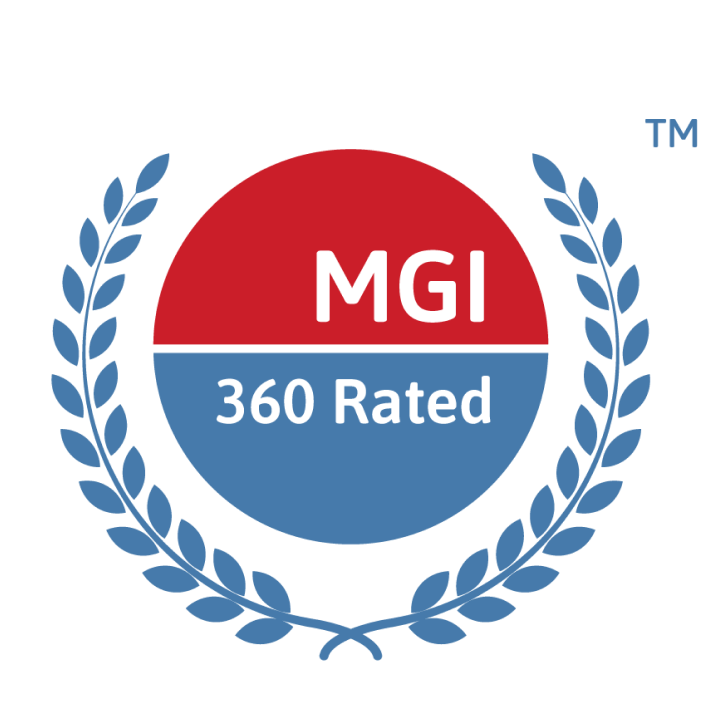
Market
Company
Select Company
Date
Select Date
StaxBill
Letter grades are assigned based on scoring quartiles for the most recent ratings in any given market: A (4th quartile), B+ (3rd quartile), B (2nd quartile), and B- (1st quartile).
SCORE:
MGI 360 Ratings provide independent scoring of technology suppliers on a scale of 0-100.
